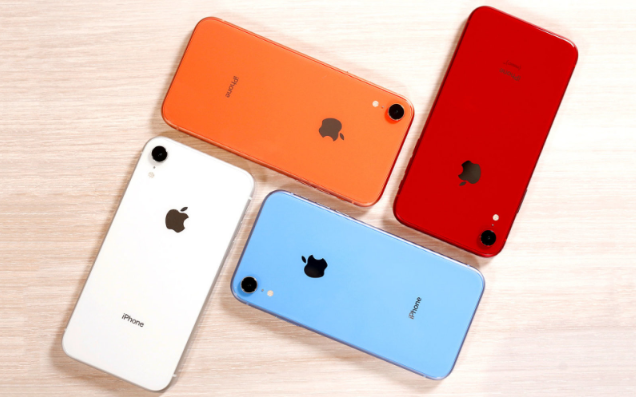
It’s charting is own destiny in cellular chipsets.
The rumors were (mostly) true — Apple is buying the “majority” of Intel’s smartphone modem business for $1 billion. The deal will see Apple take on 2,200 Intel workers as well as equipment, intellectual property and leases. Apple expects the deal to close in the fourth quarter of 2019 so long as regulators approve the handover.
The arrangement still gives Intel the ability to develop modems for computers, Internet of Things devices and self-driving cars. It’s not completely out of the cellular chipset business, then, it’s just scaling back. This will let the chip designer focus on 5G in spaces where it “most closely aligns” with what its customers want. Its phone modems weren’t that popular beyond Apple, to put it another way, and this gives it a chance to refocus.
Apple wasn’t shy about its plans for the acquisition. The move would fuel its “growing cellular technologies group” and help “expedite” the creation of future products that stand out from the pack. The tech giant has repeatedly hinted at designing its own cellular hardware to obtain more control over its fate, and it has been aggressively recruiting staff to make that happen.
Intel might not have had much choice but to sell. When Apple and Qualcomm settled their patent dispute and signed a multi-year chipset deal, that effectively negated the need for Intel modems in Apple devices. It’s no coincidence that Intel cancelled plans for 5G phone modems within hours of the patent truce becoming public. The company either had to persuade Android device makers to embrace its modems (a difficult prospect given Qualcomm’s dominance) or halt much of its work.
This doesn’t mean that you’ll see a legion of iPhones and iPads with Apple-badged Intel modems. This is more about acquiring talent and ideas. Think of it as you might Apple’s purchase of PA Semiconductor — it’s a long-term bet that the newly-acquired knowhow will translate to not just higher performance, but greater independence.


